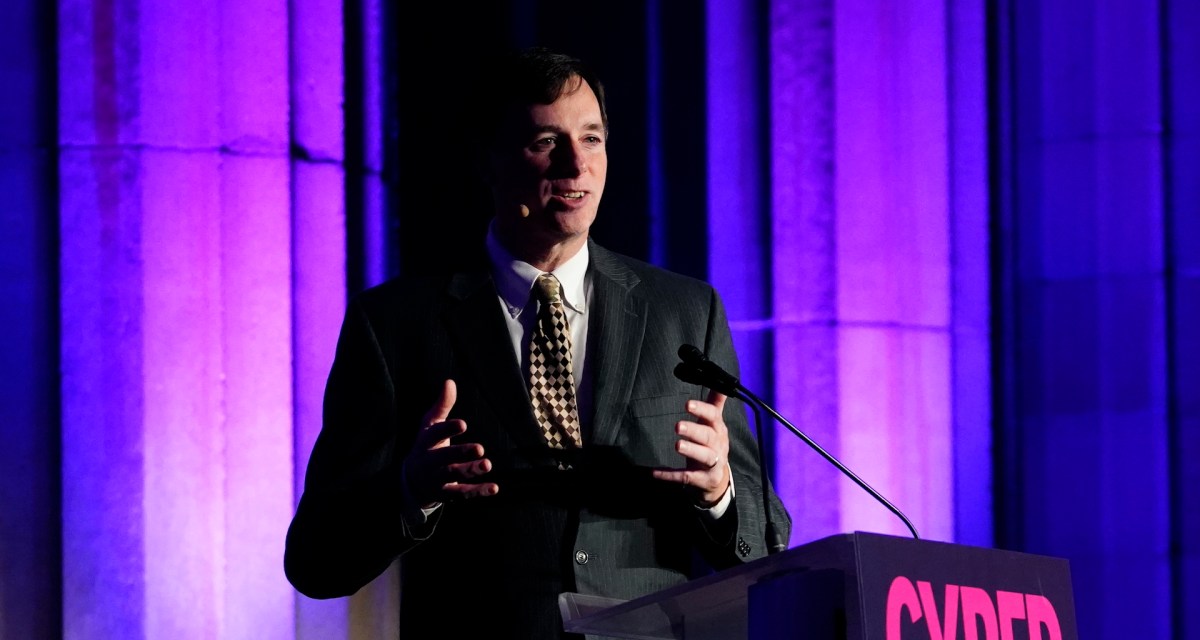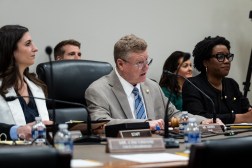Rob Joyce leaving NSA at the end of March

Rob Joyce, the veteran National Security Agency official, is retiring at the end of March after 34 years at the spy agency, leaving the federal government without one of its most experienced cybersecurity experts going into a critical election year and amid warnings that China is carrying out unprecedented cyber operations against U.S. critical infrastructure.
In recent years, Joyce has established himself as an unusually public-facing official at the historically secretive NSA. In his current role as head of the agency’s Cybersecurity Directorate, Joyce has pushed a spy agency once known as “No Such Agency” to improve intelligence-sharing on cyberthreats and better collaborate with critical infrastructure providers and industry.
“Rob’s leadership of the agency’s critical cybersecurity mission has been exemplary,” NSA Director General Timothy D. Haugh said in a statement. “His vision and development of the CSD team and its capacities ensures that NSA’s cybersecurity mission is healthy and will continue to be successful in protecting our allies and national systems well into the future.”
David Luber, deputy director of the CSD and a 36-year NSA veteran, will take over for Joyce.
At a 2022 CyberScoop event in Washington, Joyce spoke about the need for the NSA to shift away from its historical secrecy and instead “make available the insights about what we know without putting at risk how we know it. That’s really an inflection point that lets us get to more prolific, more extensive and more closely sharing for operational outcomes.”
“It doesn’t do anybody any good if we know a thing and don’t do something,” Joyce continued. “Doing is really the focus in the cybersecurity area. And if you’ve got secrets and understanding and you don’t operationalize those, they don’t count.”
Joyce spoke frequently in recent years about the threats that Chinese hackers posed to the U.S., particularly with regard to critical infrastructure.
During an appearance last month at the International Conference on Cyber Security at Fordham University, however, Joyce sounded a relatively optimistic note on how the NSA and other agencies have successfully leveraged artificial intelligence and machine learning to better combat Chinese hacking operations that might have previously side-stepped the more tried-and-true defensive approaches.
Joyce joined the NSA in 1989 and served in multiple roles over his nearly three and a half decades at Fort Meade. He led the agency’s elite hacking unit — Tailored Access Operations — between 2013 and 2017. During the Trump administration, he served a stint in the White House as a senior cybersecurity advisor before returning to the NSA, including as a special liaison officer at the U.S. Embassy in London.
“I am honored to have served for over 34 years at the National Security Agency,” Joyce said in a statement. “It has been a privilege to lead the nation’s most talented and dedicated team of cybersecurity professionals. Making a difference in the security of the nation is truly an honor.”





